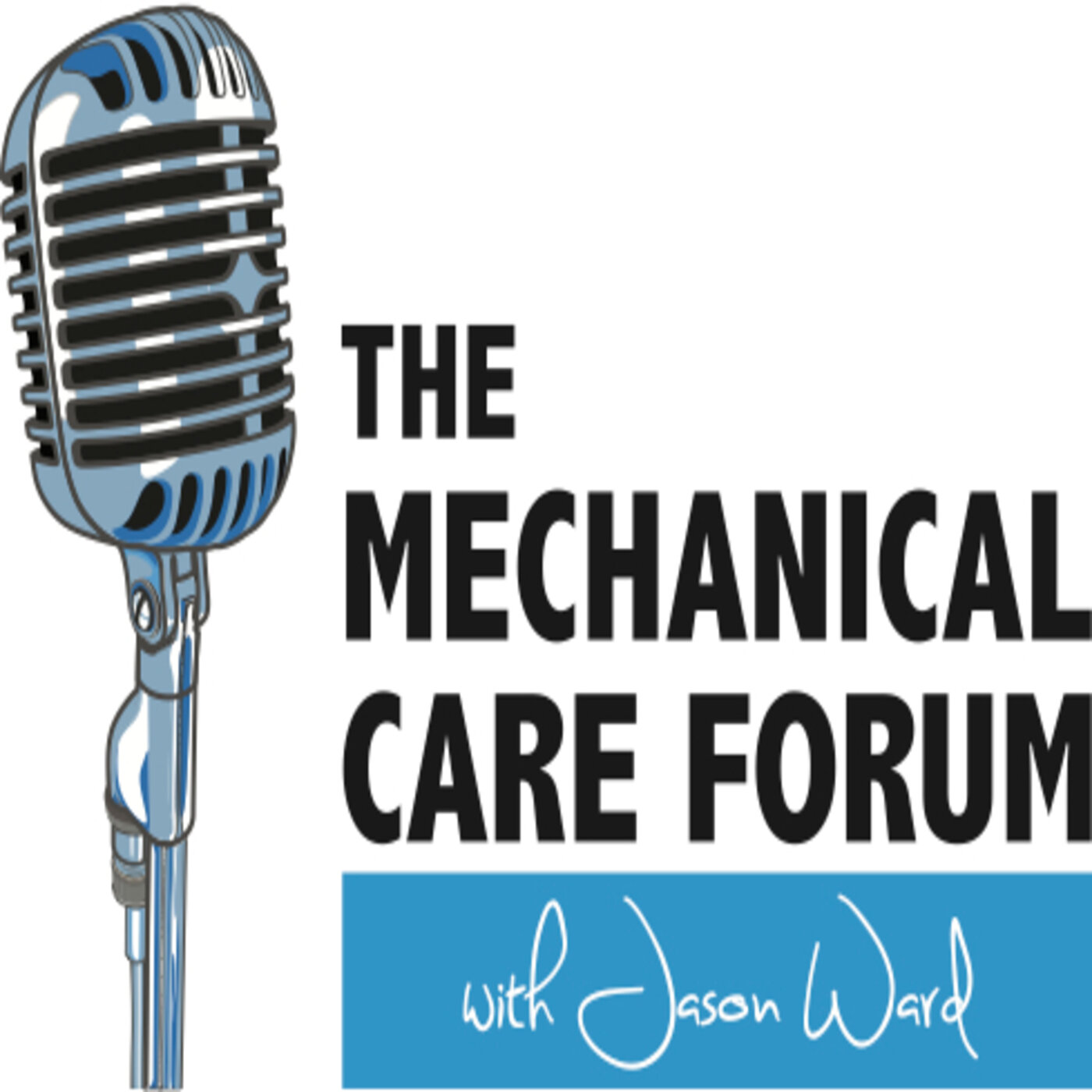THOMAS E. “TED” DREISINGER
USA | PhD
In this episode, # 27, featuring Dr. Ted Dreisinger, PhD in exercise physiology, we discuss a memorable patient who taught him the influence we have as clinicians. He shares the role strengthening has on many patients from his view and how he helps the patient recognize their achievements. He shares the best advice he’s received and what he’s doing differently now. He also offers resources, impactful studies and his views on outcome measures.
Ted Dreisinger completed his masters and PhD in exercise physiology. He served in the United States Army from 1968-1971 as an air traffic controller, and is a Vietnam Veteran. Currently Ted serves as Chief Executive Officer for Therapy Advisors. Prior he was Vice President of Outcomes Management for Integrated Pain Solutions, a network of U.S. pain management providers. Previously to that he was Director of Research and Development spine centers in Detroit, Michigan, as well as holding executive and research positions at spine centers in Columbia, Missouri. He’s also worked as consultant, taught at the university level, and presented scientific papers both in the United States and abroad. Additionally Ted has published numerous articles in biomedical journals including Spine, Orthopedics, and The Journal of Cardiac Rehabilitation among several others. Dr. Dreisinger is a fellow in the North American Spine Society, the American Back Society, and the American College of Sports Medicine. His professional affiliations in addition to NASS include the American College of Sports Medicine (2002-2003) and the McKenzie Institute, USA. He is the current chair of the International Mechanical Diagnosis & Therapy Research Foundation and Secretary for the American Back Society.
SHOW NOTES
Memorable Patient Story
Alice, a 65 year old with chronic, back pain. After 6 weeks of strengthening she came back to Ted with a significant functional improvement describing she was able to do something which she hadn’t been able to do for years. That experience reminded Ted that, “everyone’s not a case but a person. That’s somebody’s, mother or sister or daughter.”
When discussing strengthening Ted defines exercise as motion against resistance. In chronic disease in general, Ted believes strengthening may be the most valuable thing to do for chronic patients.
Patient Analogy
Using numbers related to the amount of weight the patient has moved through a particular plane of motion and the number of reps and adding that up to impress upon a patient what they have accomplished and which, when the patient begins to be able to do more, will demonstrate the improvements they’ve achieved. (Listen at about the 7 1/2 minute mark to understand better)
Best Advice Ever Received
Say Yes! Be open to whatever you hear at least to say, “let me consider that.”
What he’s doing differently now compared to 5 years ago or more
“I’m spending less time talking and more time having patients do stuff.”
Resources he wouldn’t without
Access to a medical library online. Also, access to other professional people who are willing to say yes.
Impactful Studies
A randomized controlled trial of limited range of motion lumbar extension exercise in chronic low back pain. Steele. Spine 2013 Vol 38
You can find the abstract here
A review of the specificity of exercises designed for conditioning the lumbar extensors. Steele. Br Journ Sp Med 2013 Oct 3
That abstract you’ll find here
Personal Habit Contributing to Success
Reading for an hour in the morning. Being calm, taking a few moments to gather himself and his involvement in daily exercise.
If you want to reach Dr. Ted Dreisinger you may at: tdreisinger@therapyadvisors.com
We hope to deliver this content to the committed professional who wants to improve his/her care and we hope to do it in a way that is easily accessible, the world over, in today's technological age.
To contribute:
Give a 5-star review on iTunes;
Share EP #27 with a friend; and/or
Connect with us on the Spotify MCF Podcast and MCF Instagram page!
Thanks for your support!

